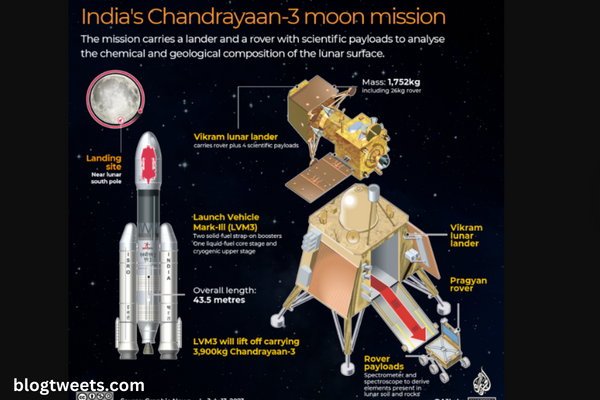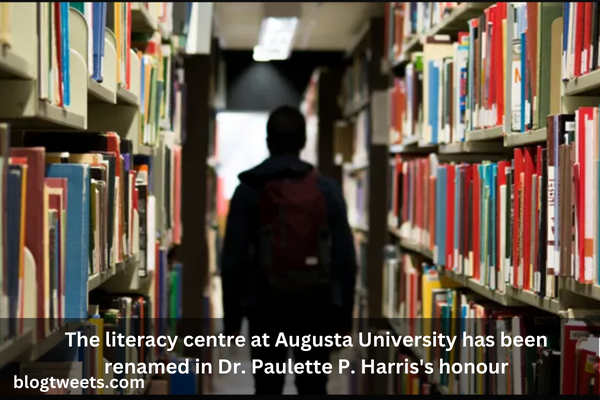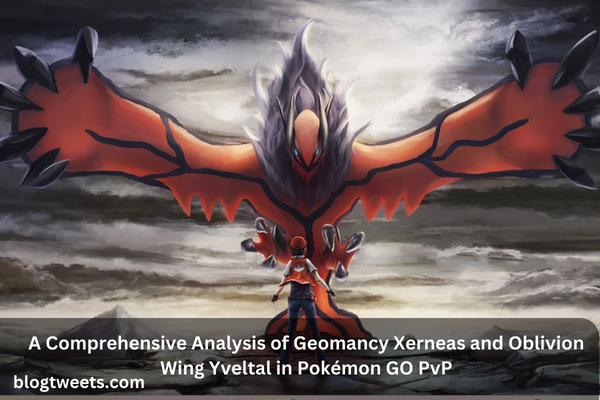Taiwan’s defiant leader departs for New York to begin a trip to Central America

Taiwanese President Tsai Ing-wen declared Wednesday that Taiwan has every right to “connect with the world,” as she embarked on a diplomatic mission to Central America that will include transit in the United States – and has already been condemned by China.
Tsai left Taiwan on Wednesday for a 10-day trip that will include stops in New York City and Los Angeles between official visits to Guatemala and Belize.
“External pressure will not deter our determination to advance toward international society,” Tsai said before taking off. “We’re cool, confident, unyielding, and unprovocative.”
Following reports that Tsai would meet US House Speaker Kevin McCarthy during one of her unofficial stopovers in the US, the trip has gained increased attention.
Such a meeting has yet to be confirmed by Taiwan.
McCarthy said earlier this month that he would meet Tsai while she was in the United States, but he did not specify a date.
China condemned the trip ahead of Tsai’s departure, vowing on Wednesday to “resolutely fight back” if Tsai met McCarthy, which Beijing would regard as a violation of its sovereignty.
As Tsai was traveling, the Foreign Ministry called on Washington to stop committing “dangerous acts that underpin the political foundation of the two countries’ relations.”
“It is not the Chinese side that overreacts, but the US side that continues to conspire to support the separatist forces of Taiwan independence,” said Mao Ning, using a catch-all phrase Beijing uses to discredit Taipei.
China’s ruling Communist Party claims Taiwan as its own despite never having controlled it and has not ruled out using force to take it.
According to a US senior administration official, there is “absolutely no reason” for Beijing to use Tsai’s transit as an excuse to carry out “aggressive or coercive activities” against Taiwan, though some US officials privately worry about how Beijing will react.
Following a visit by then-US House Speaker Nancy Pelosi last August – the first by a lawmaker of her rank in 25 years – Beijing launched multiple missiles and extensive military patrols around the island.
The visit also put significant strain on US-China bilateral relations, despite the fact that legislators plan their itineraries and make foreign policy decisions independently of the US executive branch.
Ties that are strained
Tsai’s visit also comes at a critical juncture in already strained US-China relations.
An expected visit to Beijing by US Secretary of State Antony Blinken last month, part of both sides’ efforts to repair the deteriorating relationship, was canceled after a suspected Chinese surveillance balloon was shot down over the US.
A senior administration official told reporters last week that the US has engaged in multiple communications with Chinese officials in Washington and Beijing over the past several weeks to provide them with information about previous US transits of Taiwan’s presidents.
According to the US official, China’s responses indicated that it did not intend to treat this transit like previous ones.
“During her previous trips, President Tsai met with members of Congress as well as state and local officials.” “She made public appearances and attended engagements with the Taiwanese diaspora,” according to the official. “As in previous years, President Tsai will be greeted in Taiwan by the Chair of the Board of Trustees of the American Institute (AIT).”
AIT is the organization in charge of conducting unofficial US relations with Taiwan. According to US officials, Tsai has transited the US six times while president.
Because of the US’s unofficial relationship with Taiwan, Tsai’s visit is not considered an official visit in order to keep the US within the long-standing “One China” policy.
The US acknowledges China’s position that Taiwan is part of China under the “One China” policy, but has never officially recognized Beijing’s claim to the 23-million-person island.
Zhu Fenglian, a spokesperson for China’s Taiwan Affairs Office, accused Taiwanese authorities of using such visits to “seek support from anti-China forces in the United States” on Wednesday.
Tsai and McCarthy meeting would also be “another provocation” that would “undermine peace and stability across the Taiwan Strait.”
“We strongly oppose this and will take decisive action,” Zhu said.
Diplomatic journey
Tsai is scheduled to visit Guatemala on April 1 and Belize on April 3 after her stopover in New York City. According to Taiwan’s Presidential Office, she will transit in Los Angeles before returning to Taiwan on April 7.
Tsai’s visit also comes as the island democracy seeks to strengthen its diplomatic ties, which have dwindled in recent years.
Honduras formally established diplomatic ties with China and severed ties with Taiwan on Saturday, dealing another blow to those efforts. Beijing has no diplomatic relations with any country that recognizes Taipei.
Only 13 countries now have formal relations with Taiwan, with several Central American and Pacific countries switching recognition to China in recent years.
Taiwan does, however, have de facto but unofficial diplomatic relations with many Western countries, including the United States.
Pelosi, a California Democrat, said during her visit to Taipei last year that she wanted to make it “clear” that the US would “not abandon” the democratically governed island.
Under Xi Jinping’s leadership, China has increased military, diplomatic, and economic pressure on the island, including enticing Taiwan’s allies to switch sides.
These pressures are expected to increase in the coming months as Taiwan’s next presidential election, scheduled for January, approaches.
Tsai’s diplomatic tour also coincides with the first visit to the mainland by a current or former Taiwanese leader since the Chinese Civil War ended in 1949.
Former Taiwanese President Ma Ying-jeou, who served as president from 2008 to 2016, is on a private tour of mainland China at a time when tensions over Taiwan’s future are rising.
During his presidency, Ma encouraged stronger economic ties with China while resisting Beijing’s push for reunification.
Ma stated on Tuesday at the Sun Yat-sen Mausoleum in the eastern city of Nanjing that people on both sides of the Taiwan Strait were “ethnic Chinese” and descended from the same ancestors.








